12 Ways Childhood Shapes the Way You Love as an Adult
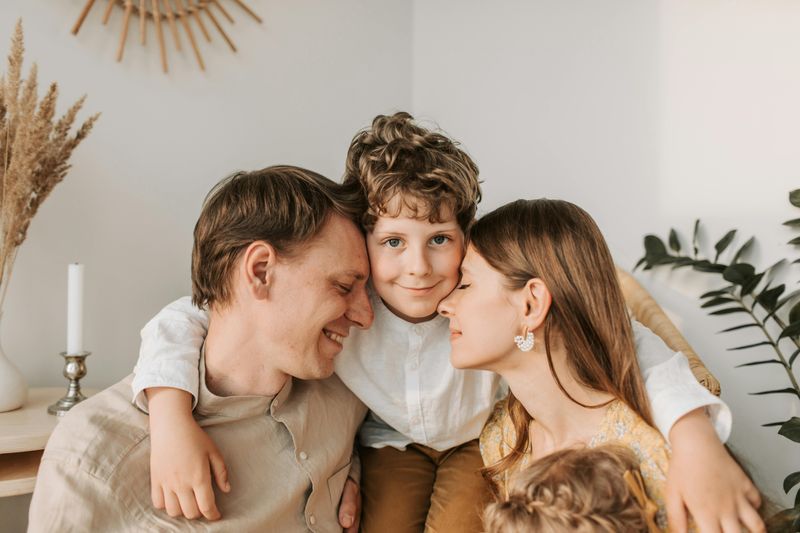
Have you ever wondered why you act a certain way in relationships? The answer might lie in your earliest years. Your childhood experiences create a powerful foundation that influences how you give and receive love as an adult. Understanding these connections can help you build healthier, more fulfilling relationships.
1. Attachment Styles Form Early
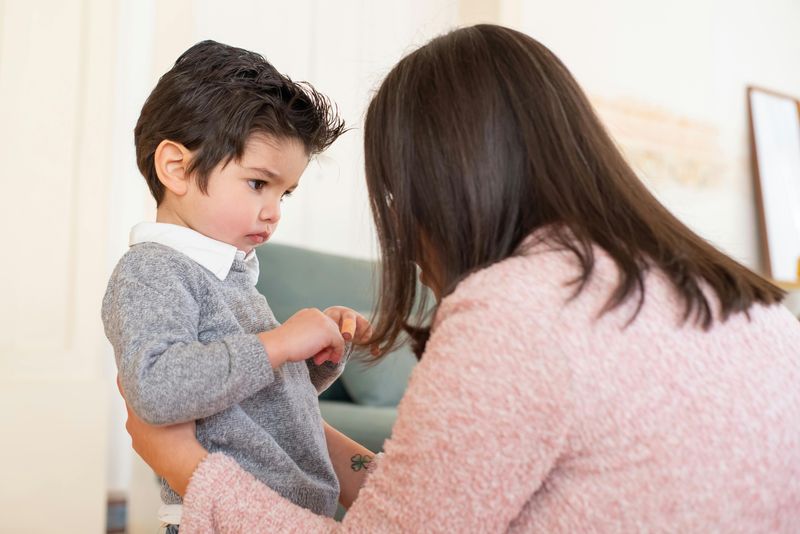
The way caregivers responded to you as a child creates your attachment style. When parents were consistently loving and available, you likely developed a secure attachment. This means you feel comfortable with closeness and trust in adult relationships.
However, inconsistent care can lead to anxious attachment, where you worry about being abandoned. Neglectful caregiving might create avoidant attachment, making intimacy feel uncomfortable. These patterns often repeat in romantic relationships unless you recognize and work on them.
Understanding your attachment style helps explain why certain relationship situations trigger strong emotions. Therapy can help reshape these deep-rooted patterns into healthier ways of connecting with partners.
2. Emotional Expression Begins at Home
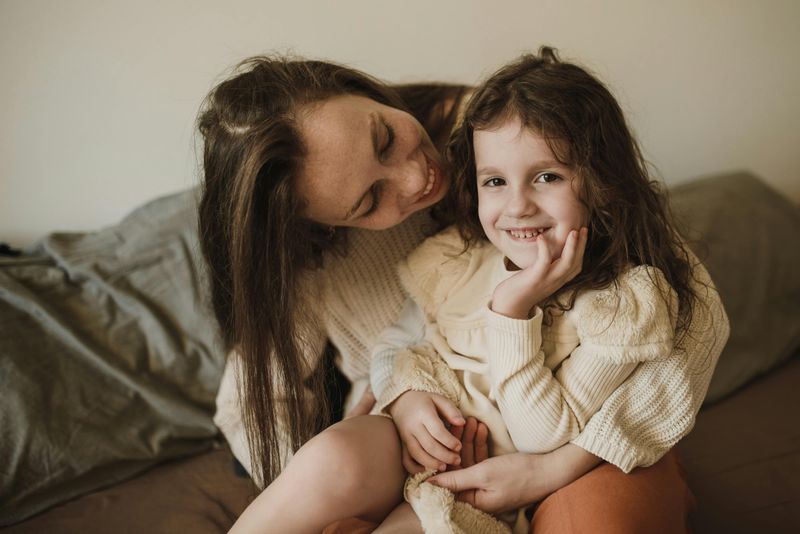
Children learn about feelings by watching how adults handle emotions. If your parents acknowledged your sadness, anger, or joy, you probably grew up comfortable expressing yourself. This emotional fluency becomes invaluable in adult partnerships.
When emotions were dismissed or punished during childhood, many adults struggle to identify what they feel. You might bottle up frustration until it explodes, or you may have trouble articulating needs to your partner.
Learning emotional vocabulary as an adult takes practice but pays off tremendously. Partners appreciate when you can say exactly what bothers you rather than shutting down or lashing out unexpectedly.
3. Conflict Resolution Skills Are Learned Young

Watching how your parents handled disagreements taught you about conflict. Families that talked through problems respectfully showed you that arguments can strengthen relationships. You learned that different opinions don’t mean the end of love.
Conversely, homes filled with screaming matches or silent treatment create adults who fear conflict. You might avoid disagreements entirely or explode over minor issues. Neither approach helps solve actual problems with your partner.
Healthy conflict involves listening, compromising, and staying respectful even when upset. These skills can be learned at any age through conscious effort and sometimes professional guidance.
4. Love Feels Conditional or Unconditional
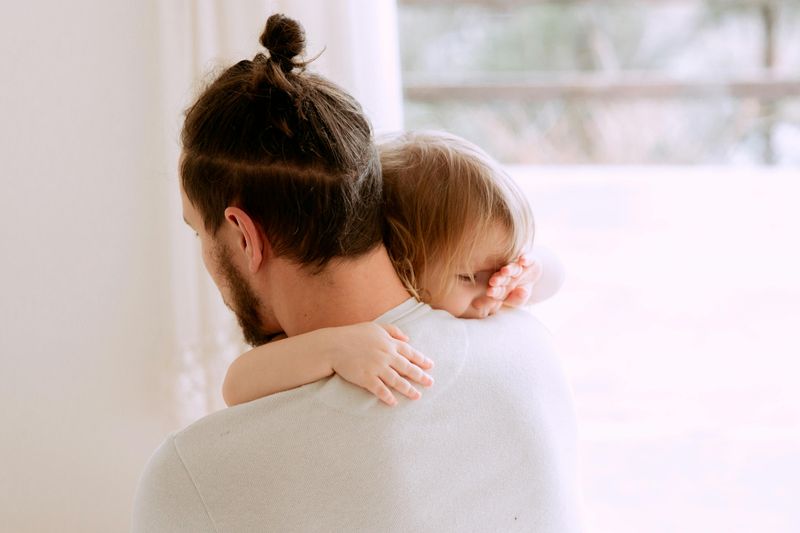
Some children only receive affection when they achieve something or behave perfectly. This creates adults who believe they must constantly earn love through accomplishments. You might become a people-pleaser or perfectionist in relationships, exhausting yourself trying to be worthy.
Unconditional love teaches that you’re valued simply for existing, flaws and all. Adults who experienced this can accept love more easily and don’t panic when they make mistakes.
If you constantly feel like you’re not good enough for your partner, childhood conditioning might be the culprit. Recognizing this pattern is the first step toward accepting that you deserve love just as you are.
5. Relationship Models Come From Parents

Your parents’ relationship was your first example of partnership. Children absorb everything from how often parents show affection to how they divide household responsibilities. These observations become your unconscious blueprint for romance.
Witnessing healthy partnerships teaches collaboration, kindness, and mutual respect. Unfortunately, toxic dynamics also get replicated. You might find yourself in relationships that mirror your parents’ problems without realizing why.
Breaking unhealthy patterns requires conscious awareness. Ask yourself if your relationship resembles your parents’ dynamic. Sometimes choosing differently means actively doing the opposite of what felt normal growing up.
6. Emotional Availability Shapes Connection
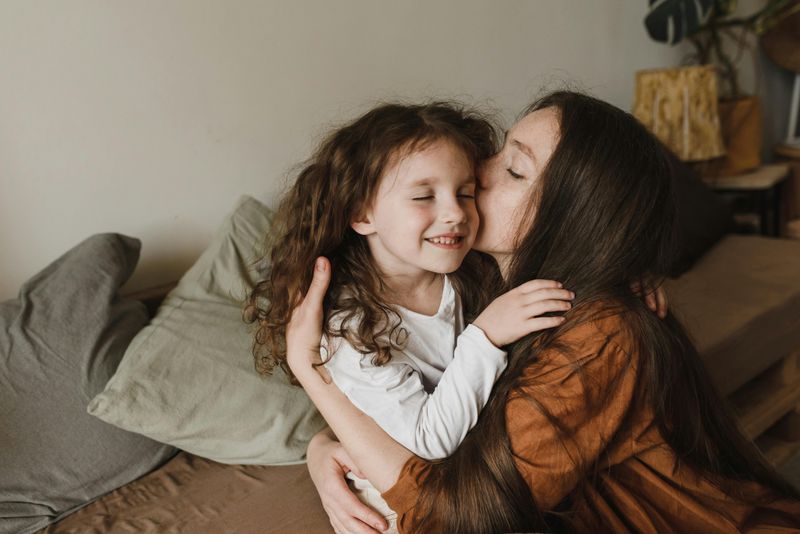
Parents who were emotionally present taught you that vulnerability is safe. When caregivers listened to your worries and celebrated your joys, you learned that sharing feelings deepens bonds. This creates adults comfortable with intimacy and emotional support.
Emotional neglect leaves lasting marks. If parents were physically present but emotionally distant, you might struggle to open up to partners. Intimacy feels risky when past experience taught you that sharing doesn’t lead to connection.
Building emotional availability takes time and trust. Start small by sharing feelings with safe people. Gradually, vulnerability becomes less terrifying and more rewarding in romantic relationships.
7. Communication Patterns Carry Forward
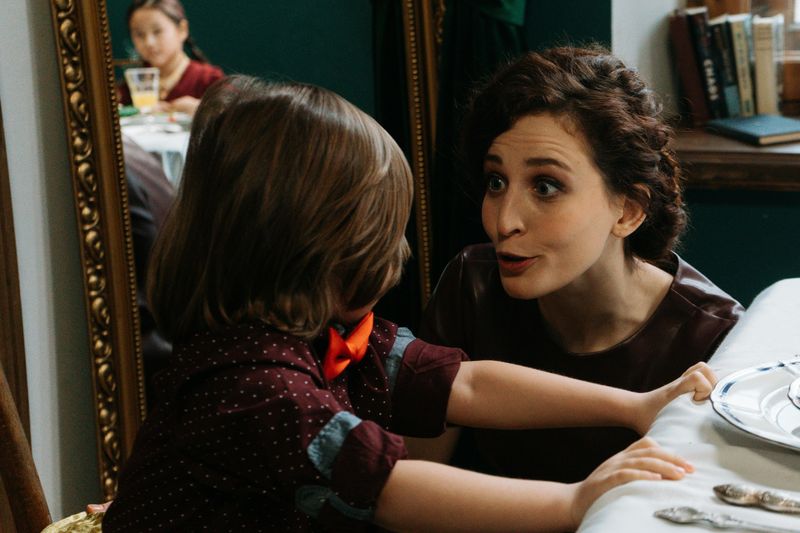
Families have unique communication styles that children internalize. Open, honest conversations teach that words matter and problems can be discussed. You grow up believing that talking through issues is normal and productive.
Households where feelings were suppressed create adults who struggle to articulate needs. You might hint at problems instead of stating them directly, expecting partners to read your mind. This leads to frustration on both sides.
Effective communication can be learned through practice and patience. Notice when you’re being indirect and challenge yourself to speak clearly. Partners appreciate straightforward honesty, even when the topic feels uncomfortable.
8. Boundaries Start in Childhood

Respecting a child’s boundaries teaches them self-worth and autonomy. When parents honored your need for privacy or personal space, you learned that your limits matter. This creates adults who can assert boundaries confidently in relationships.
Children whose boundaries were constantly violated often become adults who struggle to say no. You might feel guilty setting limits or fear that boundaries will push partners away.
Healthy relationships require clear boundaries from both people. Practice stating your needs without apologizing. Good partners respect your limits and appreciate knowing where you stand rather than guessing what you want.
9. Self-Worth Develops Through Validation
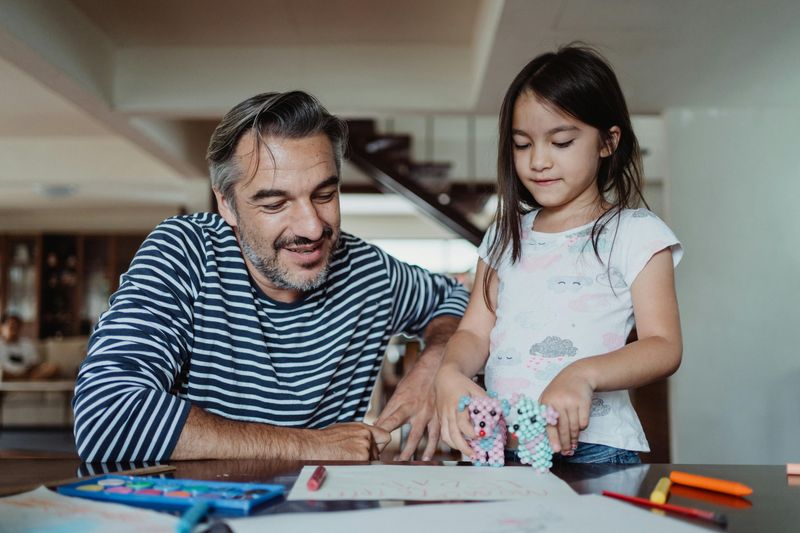
Consistent validation during childhood builds solid self-esteem. When parents appreciated your efforts and uniqueness, you developed confidence in your worth. This translates to adults who can receive love without constantly questioning if they deserve it.
Inadequate validation creates adults who seek constant reassurance from partners. You might need repeated confirmation of love because your internal sense of worthiness feels shaky. This exhausts both you and your partner over time.
Building self-worth involves treating yourself with the kindness you deserved as a child. Positive self-talk and celebrating small wins gradually strengthen your internal validation system.
10. Fear of Abandonment Runs Deep

Inconsistent caregiving plants seeds of abandonment fear. When parents were unpredictably available or left without explanation, children learn that people disappear without warning. This creates adults who panic at signs of distance in relationships.
You might cling to partners, constantly seek reassurance, or test their commitment through dramatic behavior. These actions often push partners away, creating the very abandonment you fear. It becomes a self-fulfilling prophecy.
Healing abandonment wounds requires recognizing that past experiences don’t predict future outcomes. Therapy helps separate childhood fears from current reality, allowing healthier relationship patterns to develop gradually.
11. Emotional Regulation Begins Early
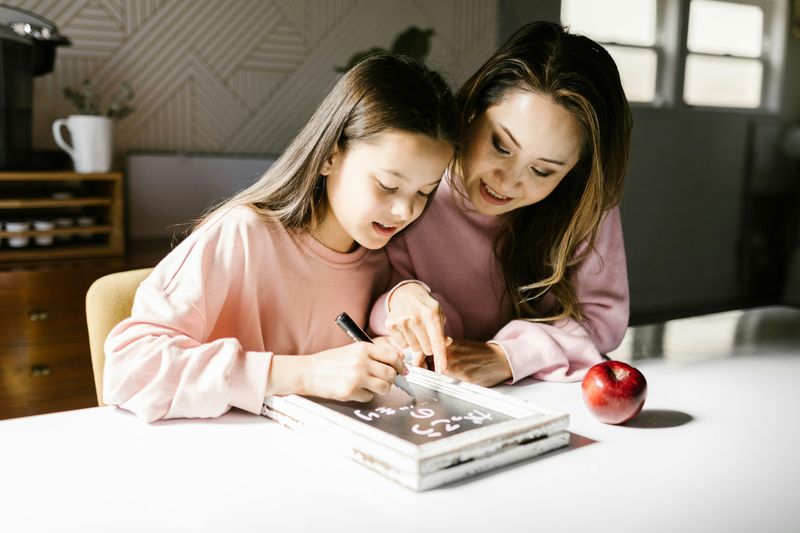
Parents teach emotional regulation by modeling it. When caregivers stayed calm during your meltdowns and helped you process feelings, you learned to manage emotions effectively. This skill proves invaluable during relationship conflicts.
Inconsistent emotional responses from parents create confusion about feelings. You might overreact to minor issues or shut down completely during disagreements. Neither response helps resolve conflicts or maintain connection with your partner.
Learning to regulate emotions as an adult involves pausing before reacting. Take deep breaths, identify what you’re feeling, and choose your response rather than acting on impulse.
12. Earning Love Becomes a Pattern

When childhood affection depended on grades, behavior, or achievements, love felt like something to earn. This creates adults who believe they must constantly prove their worth through success or compliance. Relationships become exhausting performances rather than safe havens.
You might self-sabotage when things go well, unconsciously believing you don’t deserve happiness. Perfectionism strains relationships as you push yourself impossibly hard to maintain your partner’s love.
Unlearning this pattern means accepting that you’re lovable without accomplishments. Start noticing when you’re performing versus being authentic. Real love appreciates your true self, not your highlight reel.

Comments
Loading…